In the two and a half years since Russia launched its military campaign, questions have been raised about sanctions on Moscow’s oil. Most recently, Kiev blacklisted Russian oil company Lukoil, forcing it to stop shipping crude through Ukraine to several European Union (EU) countries.
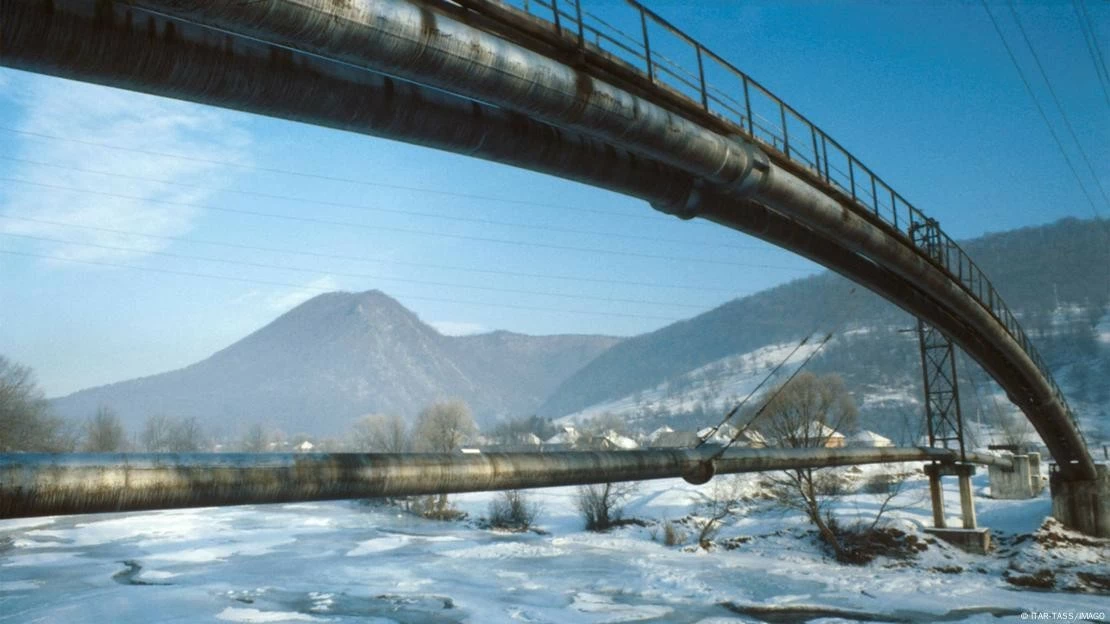 |
| The Druzhba pipeline has been pumping Russian oil into the EU for decades. (Source: TASS) |
In late June, Ukraine strengthened existing sanctions against Lukoil, blocking oil transit through the country.
Hungary, Slovakia and the Czech Republic still receive Russian crude via the southern branch of the Druzhba pipeline – which passes through Ukraine – from Lukoil and other suppliers.
In total, in the first 6 months of 2024, the three countries imported crude oil worth 2.6 billion euros (equivalent to 2.8 billion USD) from Russia, according to the Center for Research on Energy and Clean Air (CREA).
Who is most influenced?
Hungary and Slovakia are the countries most dependent on Russian oil via pipelines from Ukraine.
Immediately after the ban was issued, these countries continuously reacted and asked the European Commission (EC) to officially mediate with Ukraine on this issue.
Balazs Ujvari, a spokesman for the European Commission, said the agency had contacted the governments of all three countries to clarify the situation.
According to the official, the sanctions imposed by Ukraine on Lukoil do not affect the current oil transportation through the Druzhba pipeline because Lukoil is not the official owner of this oil resource.
The European Commission has therefore concluded preliminarily that there is no need for urgent consultations at this time as there is no indication of an urgent risk to the security of oil supplies to Hungary and Slovakia.
Mr Ujvari said the European Commission was still waiting for further information from Budapest and Bratislava to confirm its conclusions.
Hungary depends on Russia for about 70% of its oil imports, and Lukoil accounts for half of that.
Hungarian Foreign Minister Peter Szijjarto said Ukraine's measures threatened the country's energy security.
Energy experts say that if a solution is not found, the country could face soaring electricity prices and power cuts within weeks.
The oil flow has not stopped completely.
Budapest's oil imports have dropped significantly following Kiev's move.
According to data available from July 1-20, Hungary's import volume fell by a third compared to June, said Vaibhav Raghunandan, an analyst at CREA.
Other Moscow companies that also supply oil through the pipeline – such as Rosneft and Tatneft – have not been sanctioned and they still send oil through the Druzhba pipeline.
The EU has banned the transport of Russian crude oil by sea from December 2022.
However, the 27-member bloc allows “temporary exceptions” for pipeline crude imports to member states, which are geographically dependent on Moscow’s supplies and have no viable alternatives. These include Hungary, Slovakia and the Czech Republic.
The EU has called on the countries to find alternative supplies, but in fact, the amount of Russian crude they receive via pipeline has increased by 2% since the first half of 2021.
This is due to Hungary, which has increased its imports of Russian crude oil by 56% since 2021, Raghunandan said.
However, despite this, total Russian crude oil imports into the EU have fallen by 90% since the start of the special military operation due to sanctions and cuts in imports by member states.
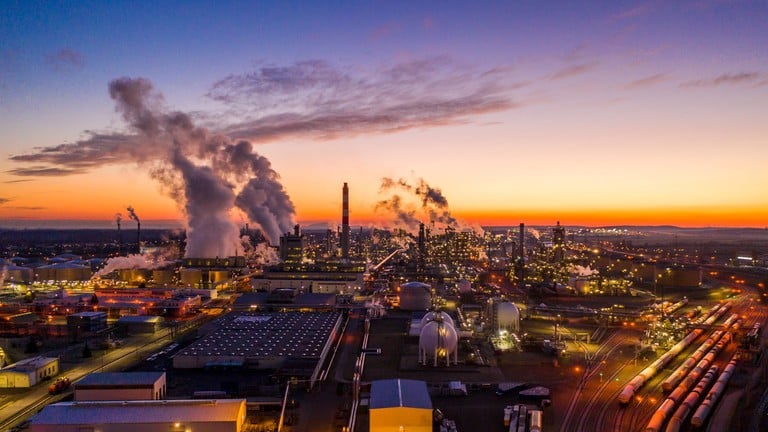 |
| Russian gas has never been officially sanctioned by the EU. Illustrative photo. (Source: RT) |
What about gas?
Russian gas has never been formally sanctioned by the EU.
EU member states imported €11 billion worth of Russian oil and gas in the first half of 2024, of which €3.6 billion was liquefied natural gas (LNG) and €4.8 billion came from pipeline gas. That means gas, which currently accounts for 76% of Moscow’s hydrocarbons, is still flowing into the 27-member bloc.
Undeniably, the bloc has significantly reduced its gas imports from Russia, from around 40% of supplies in 2021 to 15% in 2024. However, some member states such as Austria, Hungary and Slovakia remain heavily dependent on Moscow's gas.
Other countries such as the Netherlands, Spain and France also import significant quantities of Russian LNG. But much of this LNG is not even needed by the European market and is processed at European ports before being re-exported to third countries around the world. As a result, some EU countries and companies benefit.
According to CREA, 21% of the EU's Russian LNG imports are re-exported globally, a process known as transshipment.
For now, the bloc continues to strongly encourage member states to reduce gas purchases from Moscow, whether via pipeline or LNG.
The situation could escalate...
After Kiev, the next move could come from Brussels. Hungary and Slovakia want the EU to open consultations with Kiev on the terms of Ukraine's trade deal with the bloc.
However, the EU said it needed more time to investigate and consider the request and the legal situation.
Ukraine could move to further restrict the amount of oil flowing through the Druzhba pipeline, particularly from other companies in President Putin’s country that ship oil through the pipeline. If that happens, Hungary would likely lose the most, given its heavy reliance on Russian oil.
Ukraine's firm stance on Lukoil may be just the beginning of direct moves to address Russia's oil and gas revenues.
CREA analyst Raghunandan pointed out that Ukraine’s contract for gas transit via the Russian pipeline will expire in December 2024 with no plans to extend it. “Therefore, gas via Moscow’s pipeline will stop flowing to Europe via Ukraine starting from January 2025,” Raghunandan stressed.
That means tensions are likely to escalate in the coming months.
Austria, Hungary and Slovakia remain heavily dependent on this route for gas. However, Hungary may still import Russian gas via the TurkStream pipeline. The gas flow is expected to continue along that route, bypassing Ukrainian territory.
Source: https://baoquocte.vn/trung-phat-dau-nga-ukraine-gop-lua-loat-quoc-gia-chau-au-dinh-don-vi-dau-hungary-lo-lang-281047.html


![[Photo] General Secretary To Lam receives Russian Ambassador to Vietnam](https://vstatic.vietnam.vn/vietnam/resource/IMAGE/2025/4/2/b486192404d54058b15165174ea36c4e)

![[Photo] Comrade Khamtay Siphandone - a leader who contributed to fostering Vietnam-Laos relations](https://vstatic.vietnam.vn/vietnam/resource/IMAGE/2025/4/3/3d83ed2d26e2426fabd41862661dfff2)

![[Photo] Prime Minister Pham Minh Chinh receives Deputy Prime Minister of the Republic of Belarus Anatoly Sivak](https://vstatic.vietnam.vn/vietnam/resource/IMAGE/2025/4/2/79cdb685820a45868602e2fa576977a0)
![[Photo] Prime Minister Pham Minh Chinh receives CEO of Standard Chartered Group](https://vstatic.vietnam.vn/vietnam/resource/IMAGE/2025/4/2/125507ba412d4ebfb091fa7ddb936b3b)



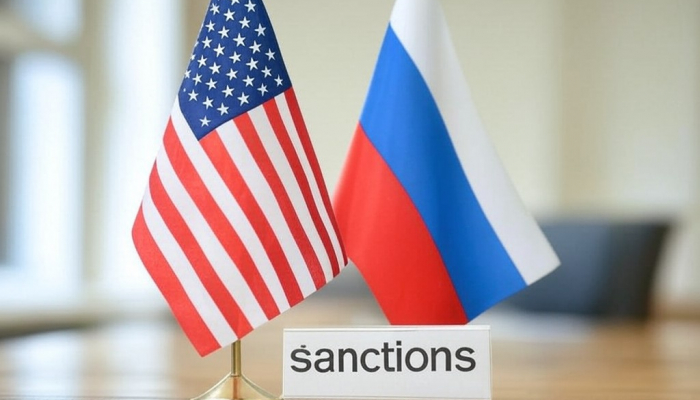
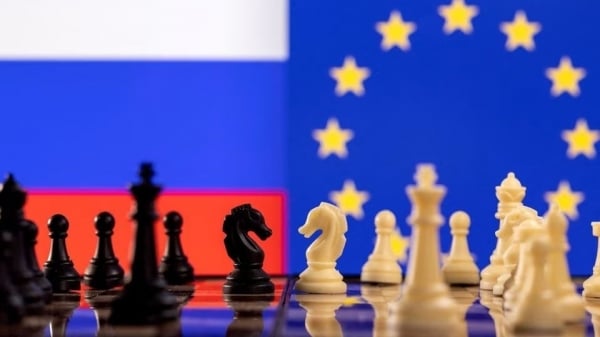
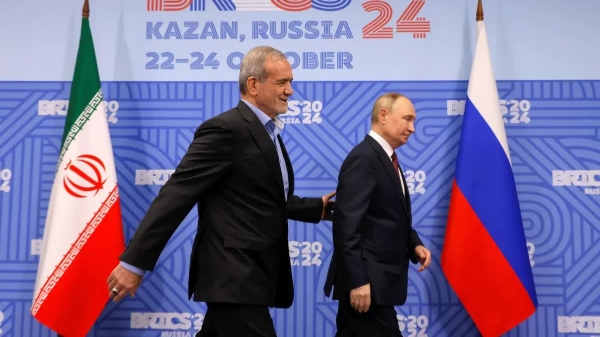
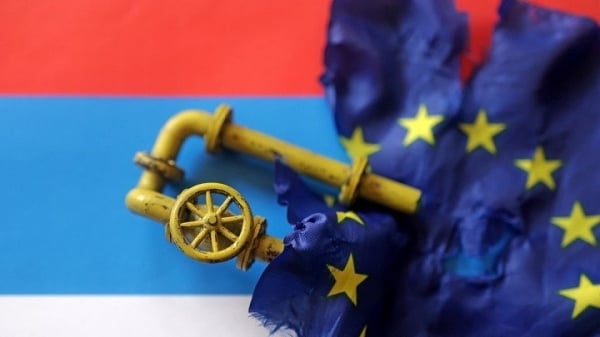

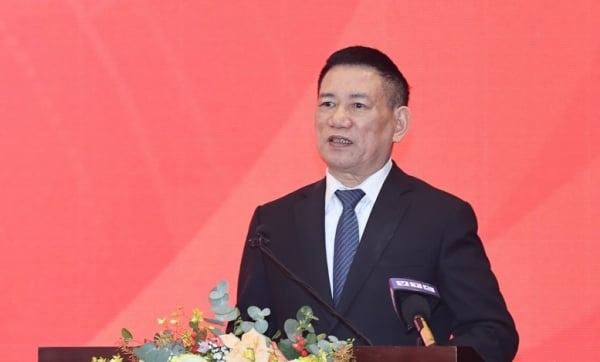
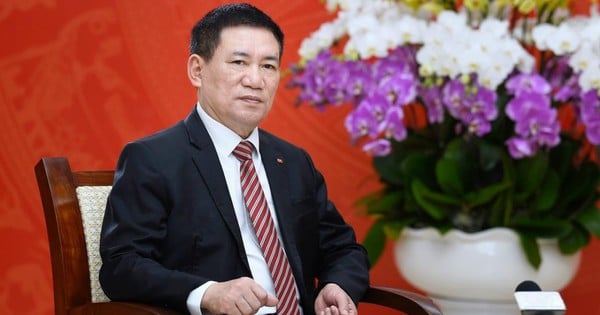








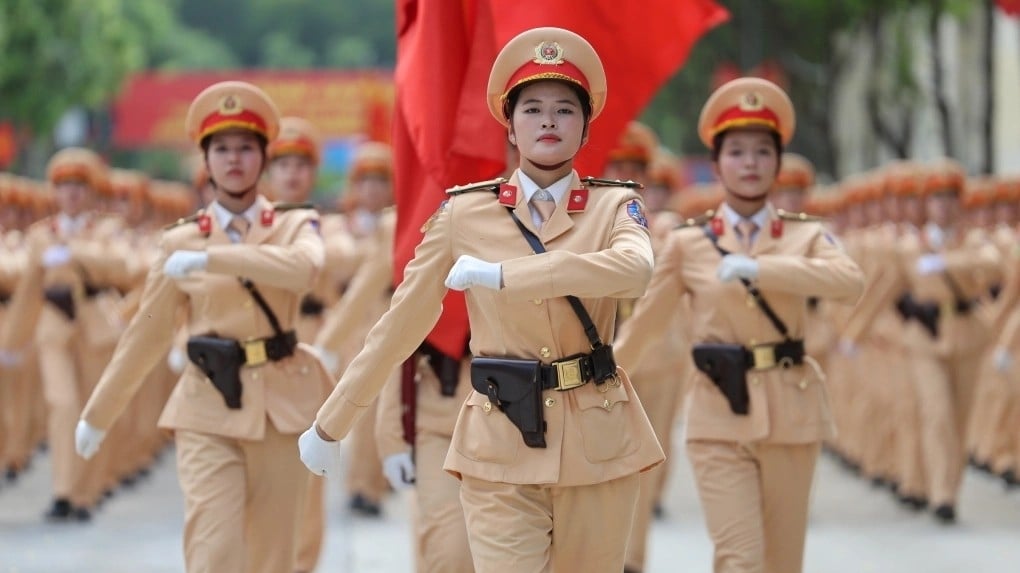

























































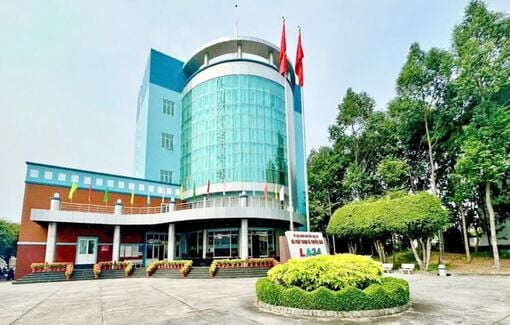













Comment (0)